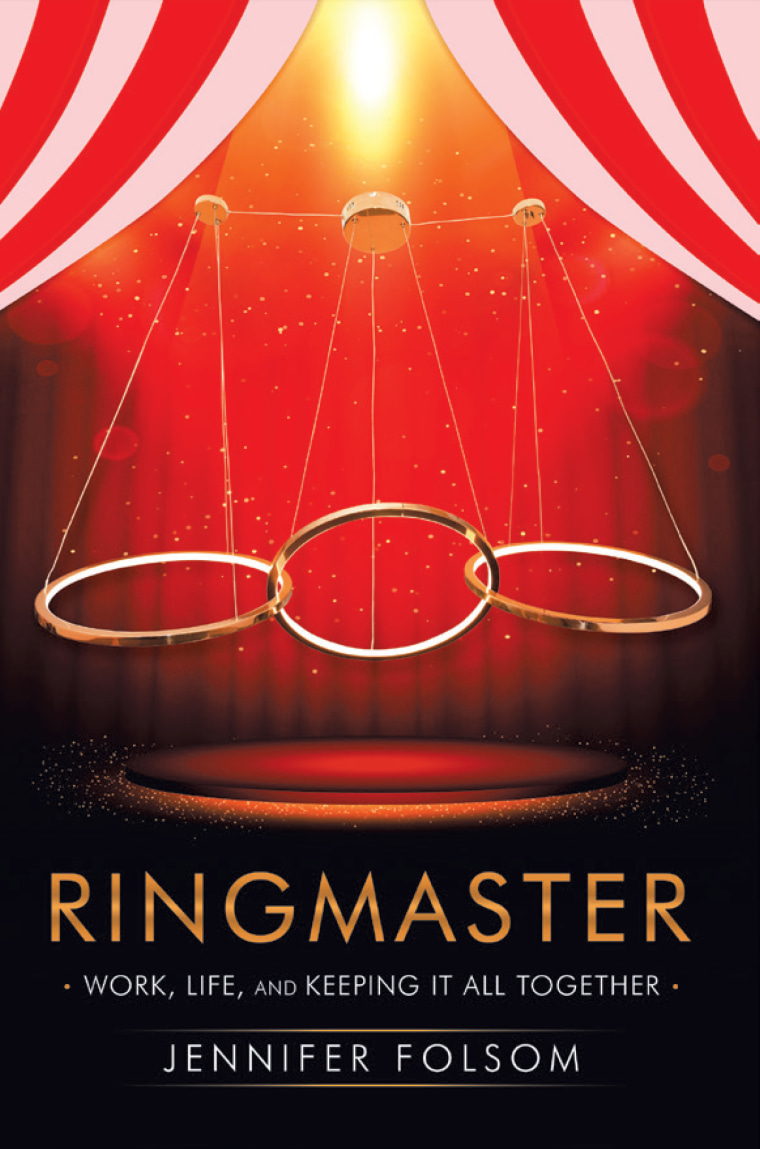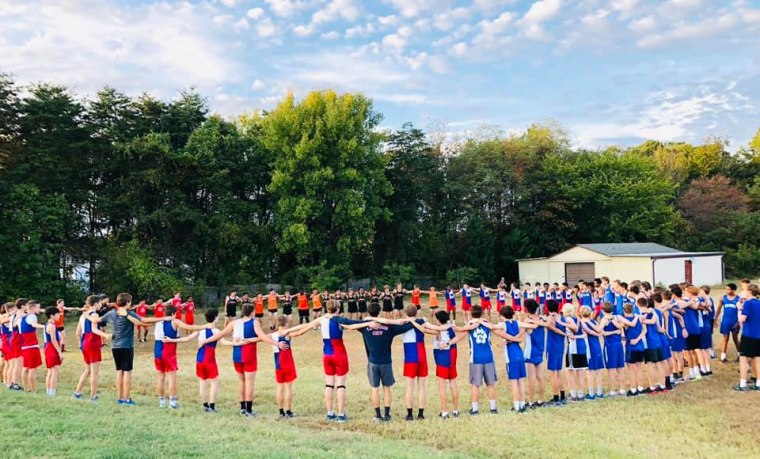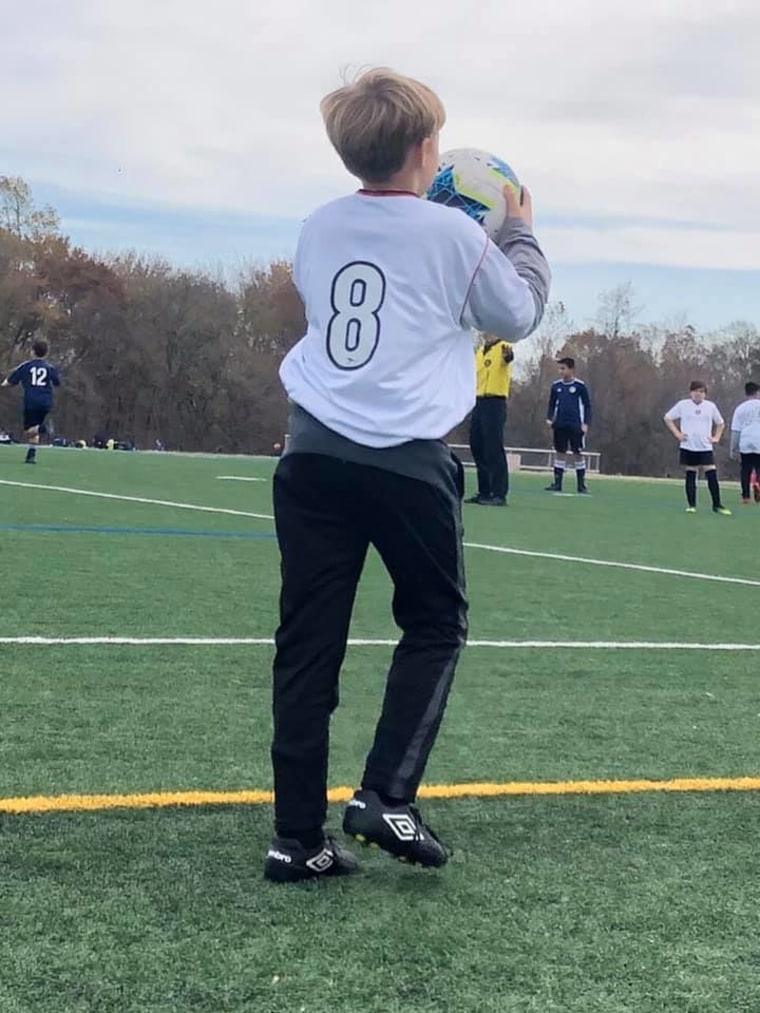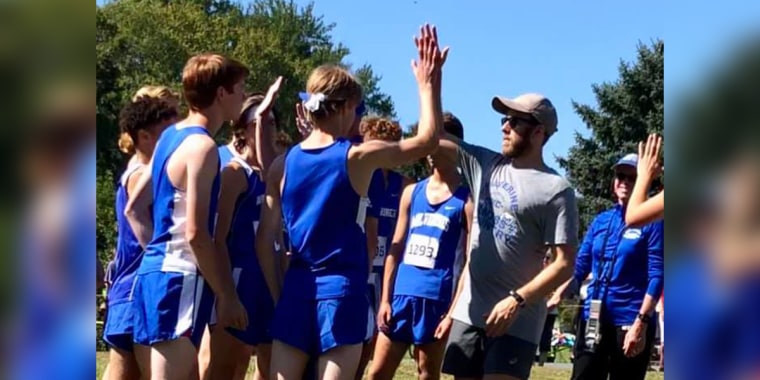The number one request from nearly every working parent I meet is for schedule flexibility in the afternoons and evenings. Why? So they can chauffeur their kids to extracurricular activities. And while there are some Scouts and piano lessons thrown in there, the activities are almost overwhelmingly youth sports. I get it. I have three active boys, and I am often in the same boat.
But many parents (and I’m guilty of this too) often lose sight of the ultimate goal: to raise healthy, active kids who might even have a little fun.
The result? Stress, burnout, and declining rates of sports participation as they age. In fact, the average child plays a sport for three years and quits by age 11.
And oftentimes, parents let their children’s youth sports participation interfere with their own career development. It’s routine for many working parents to conduct conference calls while driving the lacrosse or soccer carpool, for example. Or, parents are pulling kids from school and missing time from work for tournaments that (for some reason) happen on weekdays. Or, they're unintentionally put their careers on the back burner because they've become the swim mom or hockey dad that drives their athlete to practice before and after school and work.
I hate to break it to you, but your kid’s not going pro.
According to the NCAA, only about 2 percent of all high school students will earn athletic scholarships in college. And only 2 percent of those student-athletes will go on to become a pro. That’s four one-hundredths of one percent of all current high school athletes. To put these numbers in perspective, there are 551,000 high school men’s basketball players, 18,000 college men’s basketball players, with about 52 of them being drafted into the NBA each year. And the statistics are even worse for female players, where only 0.9 percent of NCAA players make it to the WNBA.
But that’s apparently not stopping millions of families from chasing the dream. The holy grail of youth sports used to be the revered “travel club.” And while many of these teams are highly selective and serve as feeders for collegiate programs, I can guarantee you there is a “travel” club out there willing to take your money regardless of your athlete’s performance.

You see, youth sports has become a $15 billion industry. Recreational leagues have been monetized as parents fight to keep up with the Joneses: Private pitching coaches, nutritionists and year-round play, all so they can stay in the ‘I have an elite athlete’ club and post a picture of their star on Instagram. It’s as if membership on a travel soccer club has become a leading economic indicator of your child’s future success in life.
It doesn’t have to be this way.
Imagine a world where you are sitting down for dinner as a family several nights per week and not eating drive-thru Wendy’s between basketball practice and wrestling conditioning. You could be spending weekends in a rented cabin in the mountains and not a Holiday Inn Express on the New Jersey turnpike for a hockey tournament. How about instead of spending the $5,000-10,000 per year on travel sports, investing in your child’s educational savings fund like a prepaid tuition or 529 plan? Parents, it can be done. You just have to be confident that you aren’t ruining your child’s life with a reality check on youth sports. Here’s how:

Establish ground rules for your family.
Even with a high degree of awareness of overscheduling, we found ourselves in a youth sports morass. My husband and I were each coaching a son’s team and with ‘only’ one sport per season, we were worn out. After taking an all-activities hiatus one spring we came up with new criteria for adding a sport to our crowded family calendar. The sport must be close to home or with an easy carpool, inexpensive or be initiated by the child.

Don’t be part of the problem.
“It’s the parents, always,” answered my son’s soccer coach when asked about the challenges of today’s youth sports landscape. “I once had to take a year off of coaching, and it was squarely because of the parents.” Parents, we need to take it down a notch. Sit on the sidelines, or not (did your parents come to every single one of your games?) and simply cheer on the team. Don’t criticize the referee. Don’t offer “helpful advice” to the coach. And for goodness sake, don’t ask about your child’s playing time.
Remember why you’re doing it.
This is an optional activity that is supposed to be fun. Remember that the next time you want to send a stinger of an email to a coach about cuts. I give youth sports a hard time — and with good reason — but there are so many positive factors to keep kids playing. Like teamwork for the ball hog who never wants to pass. Or building grit and resilience while practicing in 40-degree rain for the kid — like my youngest son — who would rather be inside with an Xbox. And working towards a common goal, to be a part of something bigger than you individually, that’s something all kids need.
Standing on the sideline of my adult women’s soccer league game, I recently chatted with a teammate’s husband, himself a collegiate athlete, father of a high school athlete, and current youth sports coach. “It’s not about making varsity,” he told me. “It’s growing an adult who will be a lifelong athlete.” Words to remember as you evaluate spring sports sign-ups.
Jennifer Folsom is vice president of client delivery at Washington, D.C.-based management consulting firm RIVA Solutions Inc. She lives in Alexandria, Virginia, with her husband Ben and three sons, 17-year-old twins Josh and Will, and 12-year-old Anderson. Her practical guide to modern working motherhood,"The Ringmaster," will be out Jan. 7, 2020.
